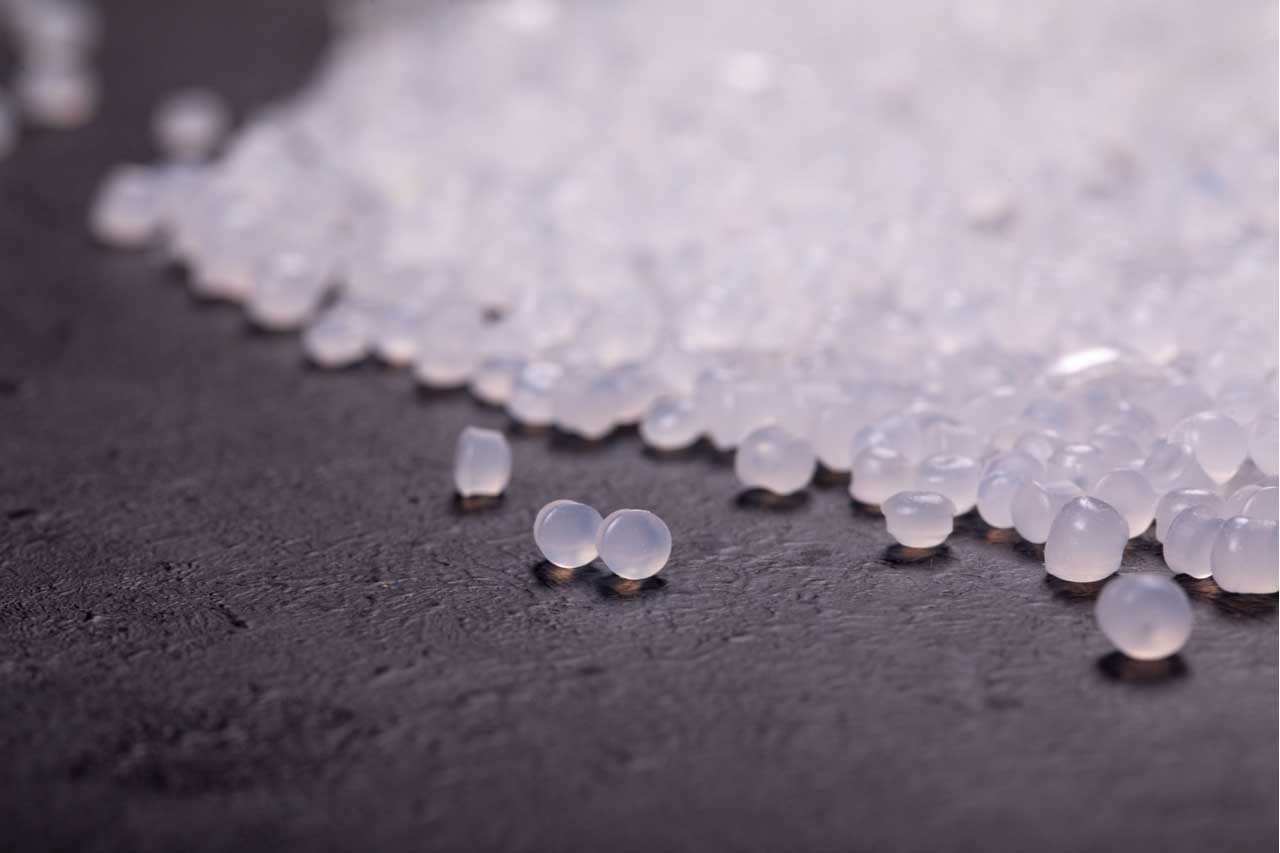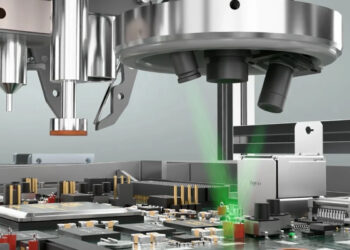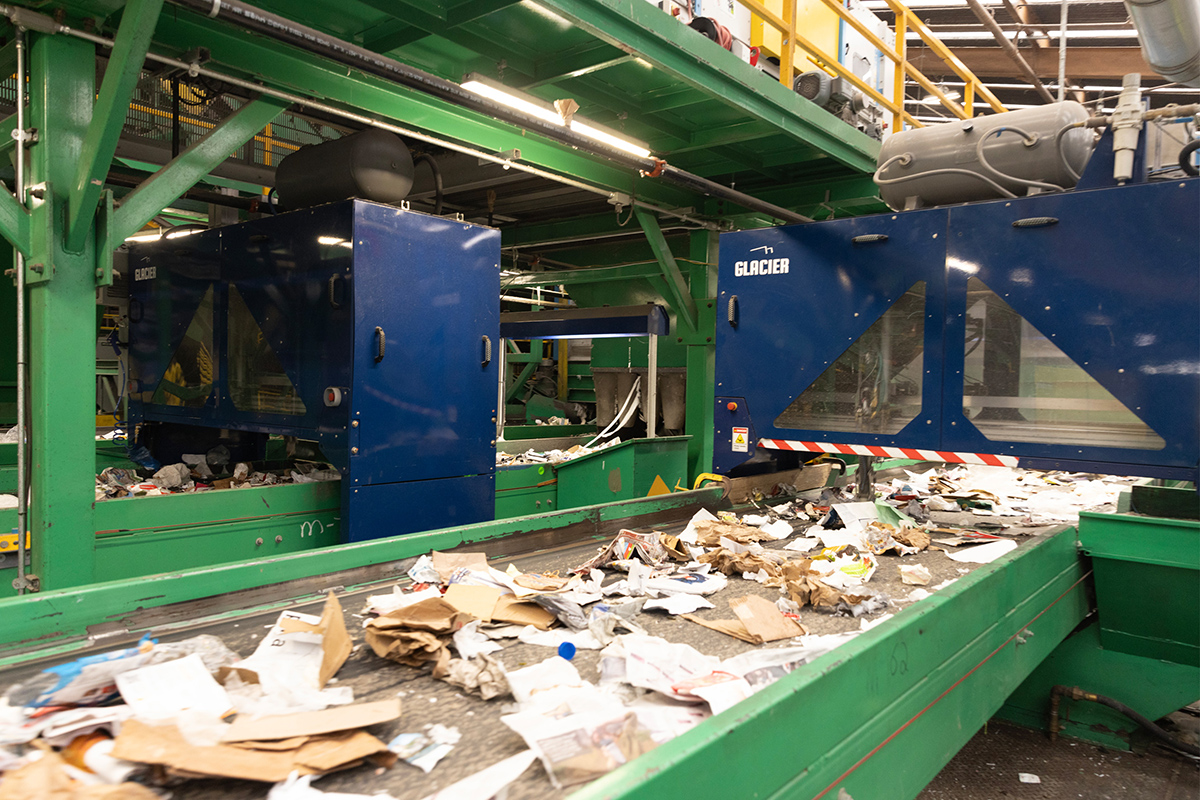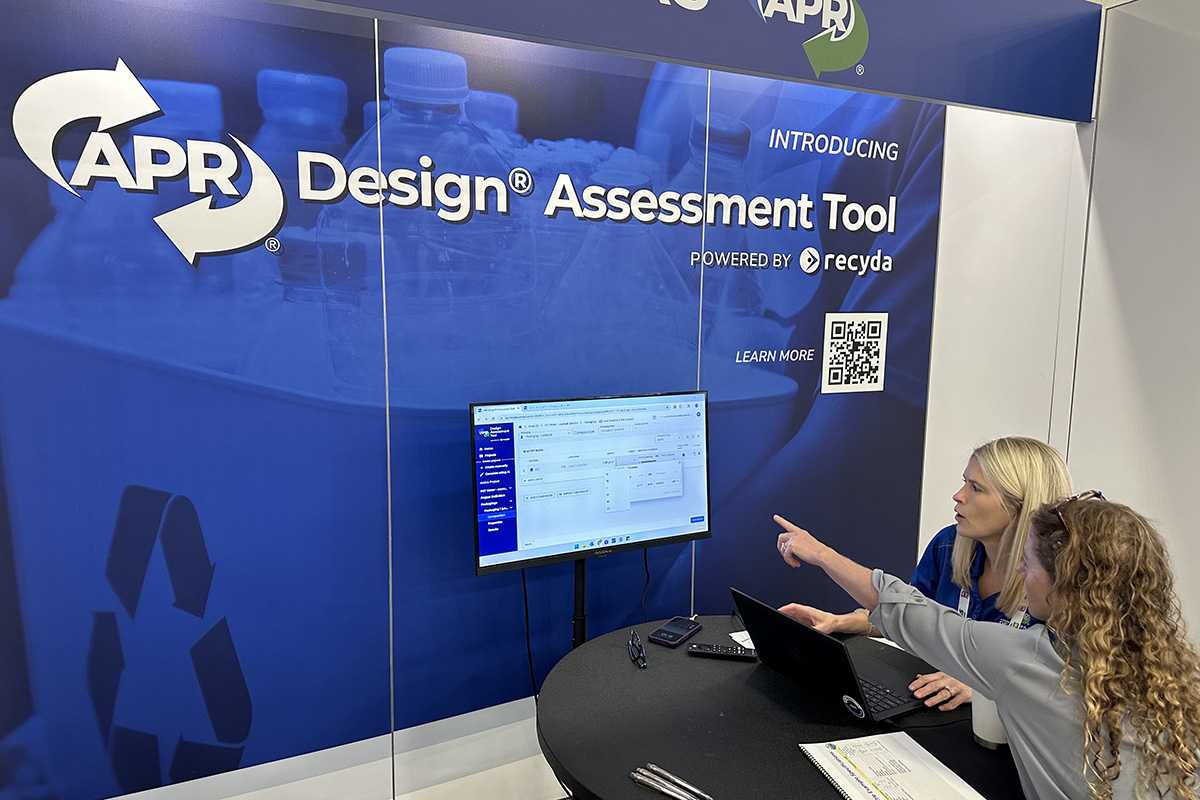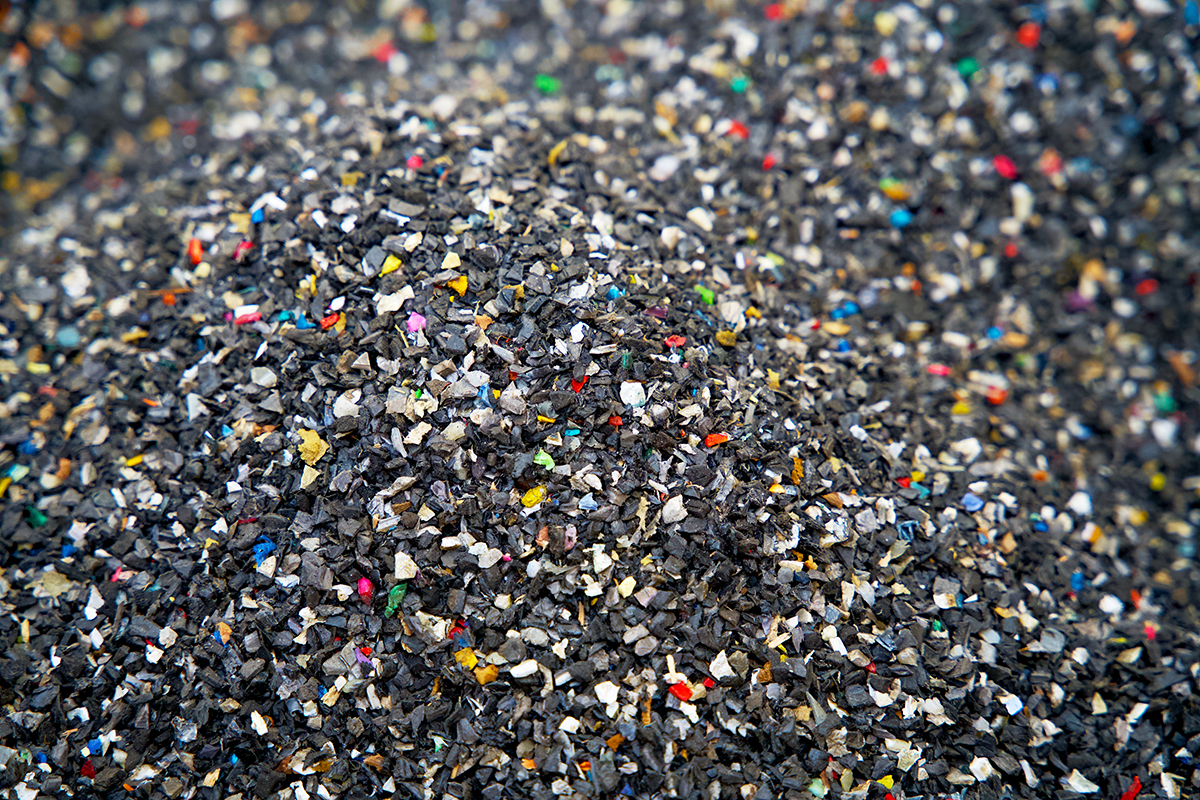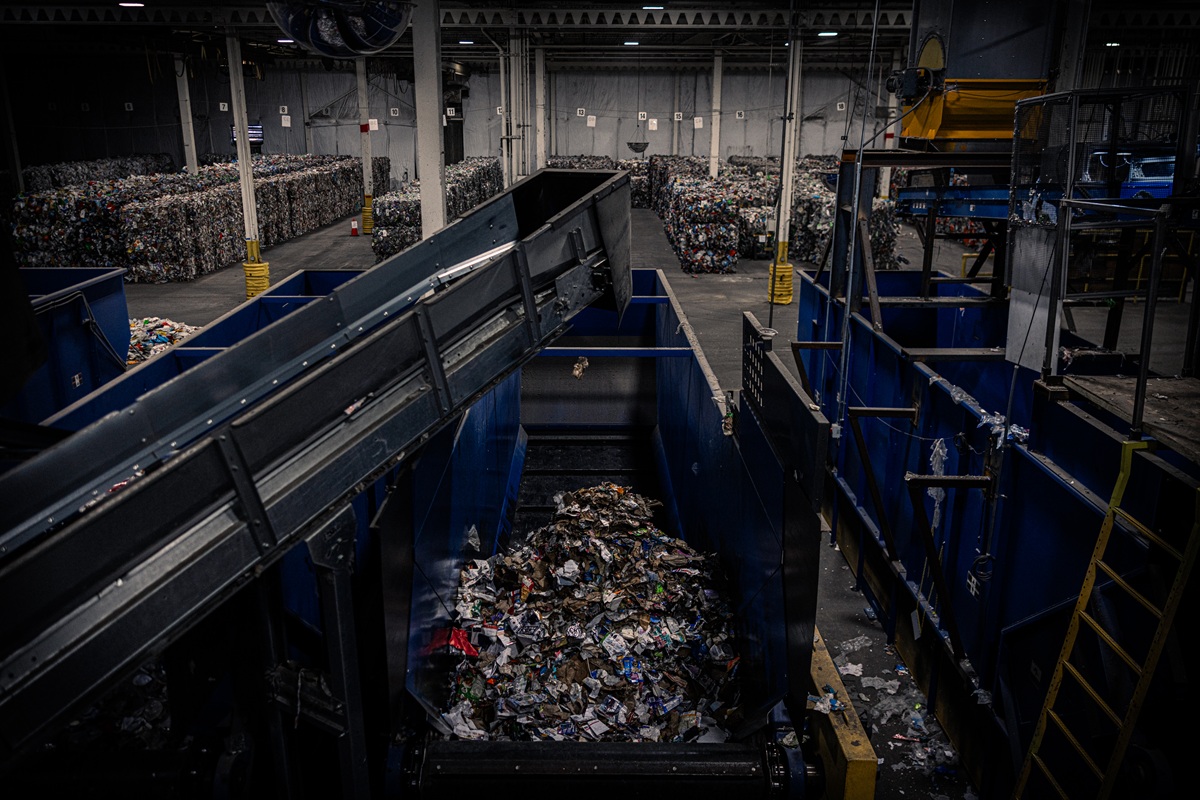In the last half of 2023, numerous plastics recycling processes received the greenlight for use in food and drink packaging production.
The letters of no objection, or LNOs, issued by the U.S. Food and Drug Administration allow their recipients to begin marketing their recycled resin for use in food and drink packaging, subject to any limitations spelled out by the FDA.
In issuing the letters, the FDA was convinced the recycling processes would result in contaminant concentrations of 0.5 parts per billion or less in the food, below its “threshold of regulatory concern.”
During the latter half of 2023, the FDA awarded 18 letters to 14 companies in North America, Asia and Europe. All of those covered mechanical recycling processes, with the exception of Revalyu Resources, which received a letter for a chemical recycling process.
Plastics Recycling Update publishes a roundup of LNOs twice each year. The last roundup, which was published in September 2023, covered letters issued through the first half of 2023. The federal database of all FDA LNOs is available here.
The following are summaries of LNOs issued during the latter half of 2023, starting with the most recent letters:
On November 29, Hiroyuki Industries, a reclaimer in Malaysia, received a letter covering the recycling of PET into packaging that can be used with all food types, with allowable temperatures ranging from frozen up to over 150 degrees Fahrenheit during hot filling or pasteurization. The feedstock for Hiroyuki’s recycled resin must come from food-contact scrap material.
On November 27, polyolefins giant Braskem and Mexican reclaimer Alcamare International Recycling Group received an LNO for HDPE packaging that comes in contact with raw fruits, vegetables, shell eggs and other dry solid foods, provided the feedstock for the PCR comes from food-contact scrap material. The allowed temperatures range from frozen up to room temperature.
On November 22, Mexican polymer producer Resirene received a letter covering the recycling of PS into packaging containing up to 25% recycled content that can be used in contact with all food types. The feedstock must come from food-contact scrap materials, and allowed temperatures range from frozen up to 150 degrees during hot filling or pasteurization.
Global Green Material, a plastics recycling company in Taiwan, received multiple letters during the latter part of the year. On November 21, the company received an LNO for recycling PS into packaging that contacts raw fruits, vegetables, shell eggs and other dry solid foods. Allowed temperatures range from frozen up to room temperature, and the source feedstock must come from food-contact scrap material.
Global Green Material received a separate LNO on November 2, for recycling PP into several types of food-contact packaging. First, the letter covers recycling PP into single-layer trays, containers, crates and clamshells coming into contact with fruits, vegetables and shell eggs, with allowed temperatures from frozen up to room temperature. Next, the letter covers recycling PP into dry dietary supplement containers, grocery bags and other packaging films intended to be used with all food types, from frozen up to room temperature. Finally, it covers recycling PP into a non-food-contact layer in multi-layer packaging for use in all food types in all temperature conditions, provided that the recycled plastic layer is separated from the food by an “effective barrier.”
The company received another LNO on October 4, for recycling HDPE into packaging that contacts raw fruits, vegetables and shell eggs, with allowable temperatures from frozen up to room temperature. The source feedstock must come from food-contact scrap materials.
On November 1, PureCycle Technologies, an Orlando, Florida-headquartered recycling technology company, received a letter covering recycling PP into packaging in contact with all food types, at temperatures from frozen up to room temperature. The feedstock must come from food-contact scrap materials.
On October 19, Arkansas-headquartered plastics reclaimer Revolution received an LNO greenlighting the use of recycled LLDPE in packaging coming into contact with all food types, with allowed temperatures from frozen up to greater than 150 degrees during hot filling or pasteurization.
On October 17, Ireland-based plastics processor Greentech Plastics received a letter approving the use of recycled PP in packaging coming into contact with all food types, with allowed temperatures from frozen up to higher than 150 degrees during hot filling or pasteurization.
Austria-based Starlinger and Co. received multiple letters covering PET recycling processes. On October 12 and August 31, the company received LNOs covering recycling PET into packaging that comes into contact with all food types, from temperatures ranging from frozen up to higher than 150 degrees during hot filling or pasteurization.
On October 6, German company Revalyu Resources received a letter for chemically recycling PET into plastic film and other packaging that comes into contact with all food types, in any temperature conditions that PET is otherwise approved for.
On October 6, Canadian reclaimer Merlin Plastics received an LNO covering the recycling of PP and HDPE into packaging that comes into contact with all food types, with allowable temperature exposure ranging from frozen up to boiling water.
On September 26, Mexican reclaimer PetOne received a letter greenlighting a process to recycle PET into packaging that contacts all food types, with allowable temperatures from frozen up to higher than 150 degrees during hot filling or pasteurization.
On September 12, Taiwan-based equipment supplier BoReTech Resource Recovery Technology Co. received a letter covering recycling PP into packaging that contacts raw fruits, vegetables and shell eggs, with allowed temperatures from frozen to room temperature. The source feedstock must come from food-contact scrap materials.
On August 31, Petoskey, Michigan-based Petoskey Plastics received an LNO covering recycling LLDPE into packaging that contacts raw fruits, vegetables, shell eggs and other dry solid foods. Allowed exposures range from frozen up to room temperature.
On July 28, Chinese reclaimer Jiangsu REO-ECO New Material Tech Co. received a letter covering recycling PET into packaging that contacts raw fruits, vegetables, shell eggs and other dry solid foods. Allowed temperatures range from frozen to room temperature, and the source feedstock must come from food-contact scrap materials.
Finally, Chinese reclaimer Jiangsu Ceville New Materials Technology Co. on July 25 received an LNO for recycling PP into packaging for dry dietary supplements and raw fruits, vegetables and shell eggs. Allowable temperatures range from frozen to room temperature, and the source feedstock must come from food-contact scrap PP.












